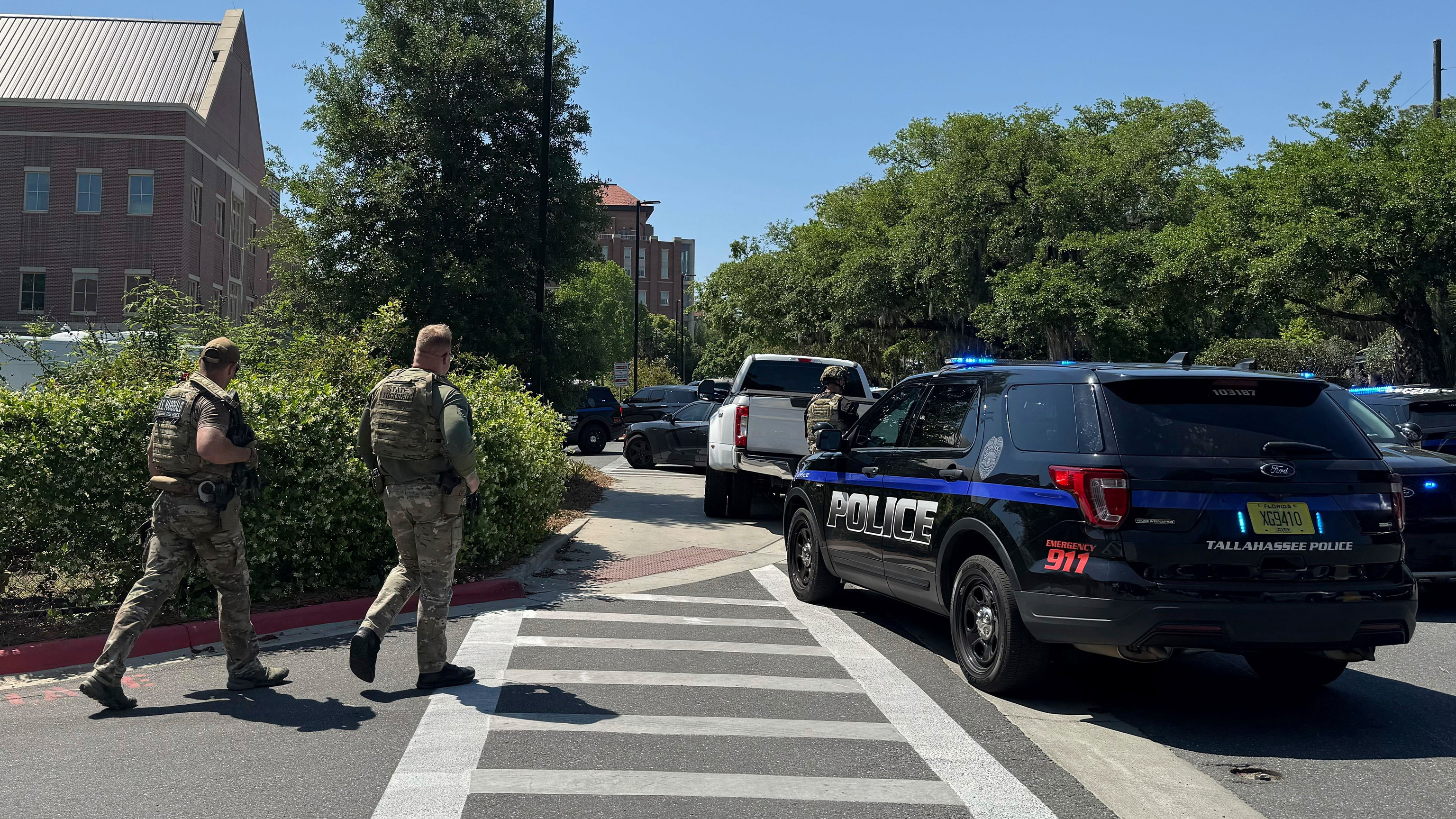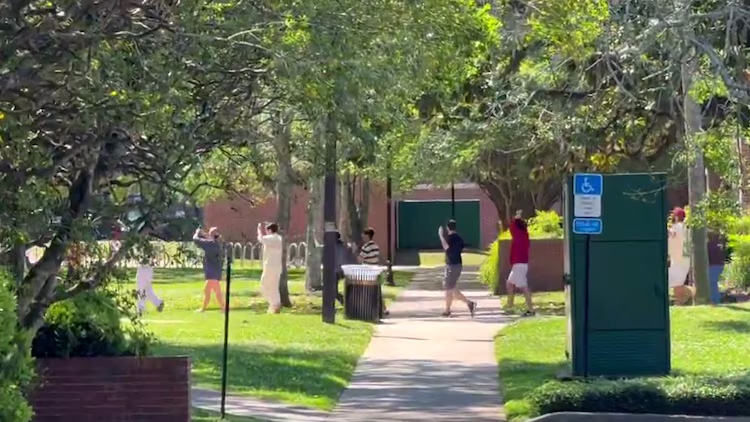Yale reintroduces standardized test requirement, but expands list of test options

Yale University has announced a new "test-flexible" standardized testing policy set to go into effect for the 2024-25 admissions cycle, following fellow Ivy League school Dartmouth College in adjusting its COVID-era policies.
The university will require standardized test scores for all applicants but is expanding the list of tests that fulfill the requirement to include Advanced Placement (AP) and International Baccalaureate (IB) exams as well as the ACT and SAT tests.
"Our new policy is designed to help applicants put their best foot forward, and to help admission officers respond to well-prepared students from all contexts," read the announcement from Yale's dean of undergraduate admissions and financial aid Jeremiah Quinlan.
Quinlan cites research from Harvard University-based research group Opportunity Insights, which found that standardized test scores predict future grades better than any other available datapoint. However, Quinlan stated, standardized tests are "imperfect and incomplete."
"No single exam can demonstrate every student's college readiness or perfectly predict future performance," said Quinlan.
He added, "A test can, however, highlight an applicant's areas of academic strength, reinforce high school grades, fill in gaps in a transcript stemming from extenuating circumstances, and-most importantly-identify students whose performance stands out in their school context."
Yale is one of hundreds of colleges and universities that stopped requiring SAT or ACT scores amid the COVID-19 pandemic, beginning in 2020.
As nationwide school shutdowns and social distancing forced students and faculty out of congregate settings, standardized tests were rescheduled and later canceled. The logistic difficulties in getting students to take the tests forced schools to change their admissions testing policies.
This became one of several adjustments to admissions policies that schools chose to implement, including extensions on application deadlines. These changes in admissions policies led to a surge in applications for some schools.
However, test-optional policies for higher education admissions applications are nothing new. Hundreds of schools have made standardized testing optional for applicants since the early 2000s, according to education advocacy group FairTest.
Standardized testing scores are optional for applicants at roughly 1,900 schools, according to FairTest.
Supporters of standardized testing say these scores can indicate student's more likely to get better grades and can indicate potential for post-college success. They argue these scores can identify students from underrepresented backgrounds who might be missed by a test-optional application.
"For example, a 1400 SAT score from an applicant whose high school has an SAT mean of 1000 gives us valuable information about that applicant's ability to excel in their environment," said Dartmouth President Sian Leah Beilock. Dartmouth recently reinstated SAT/ACT test requirements.
Critics of standardized testing say that students may not apply to some colleges because of test scores, despite potentially being otherwise good applicants for the school. While test scores predict future grades, some argue that does not predict other aspect's of a student's success.
"One of the trends that we've noticed in the four years that we've been test-optional is there hasn't been a significant shift in terms of students academic achievement without having submitted standardized test scores to get admitted," said Steve Robinson, senior associate vice president for enrollment management at the University of Utah, according to local news outlet KSL.
Research has found that standardized tests also put less wealthy students at a disadvantage, inherently favoring richer, white and Asian students. However, College Board, which administers the SAT and AP exams, told the New York Times that the test simply mirrors the inequities in education impacting these groups and is not at fault for the disparity.
Research from Harvard University and the National Bureau of Economic Research states the college admissions process also play a major role in favoring richer populations.
It found that students from families in the top 1% are twice as likely to be admitted to and attend an Ivy-Plus college than students from a middle-class family with comparable standardized test scores. The study cites legacy admissions, athlete recruitment, and non-academic ratings as benefitting high-income applicants.






